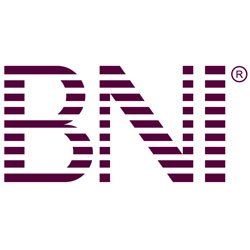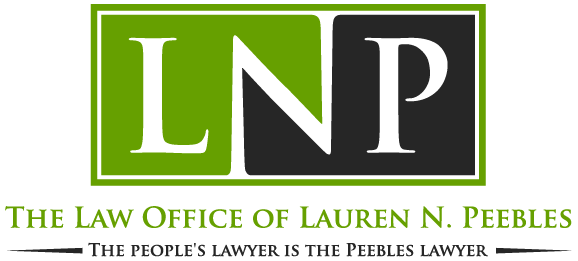Wills
A will is the most common estate planning document. It contains instructions for the distribution of your assets and may also include burial preferences, guardian information for your children, and any plans for charitable giving.
This is often the best option for those who can distribute property directly to their heirs. When you pass away, the will is submitted to court so it can go through probate. This process alerts heirs, pays creditors, and transfers your property as instructed in your will. Despite fears to the contrary, probate is an efficient process when there is a will involved. It is intestate estates (when people die without a will) that become extensive probate ordeals.
If you have life insurance policies, 401K’s or annuities, these assets will be distributed directly to a beneficiary and not have to go through probate. It is a good idea to check your beneficiary designations during estate planning to be sure they still reflect your wishes. Many clients check only to find a former spouse is still listed as beneficiary or they have none listed.










